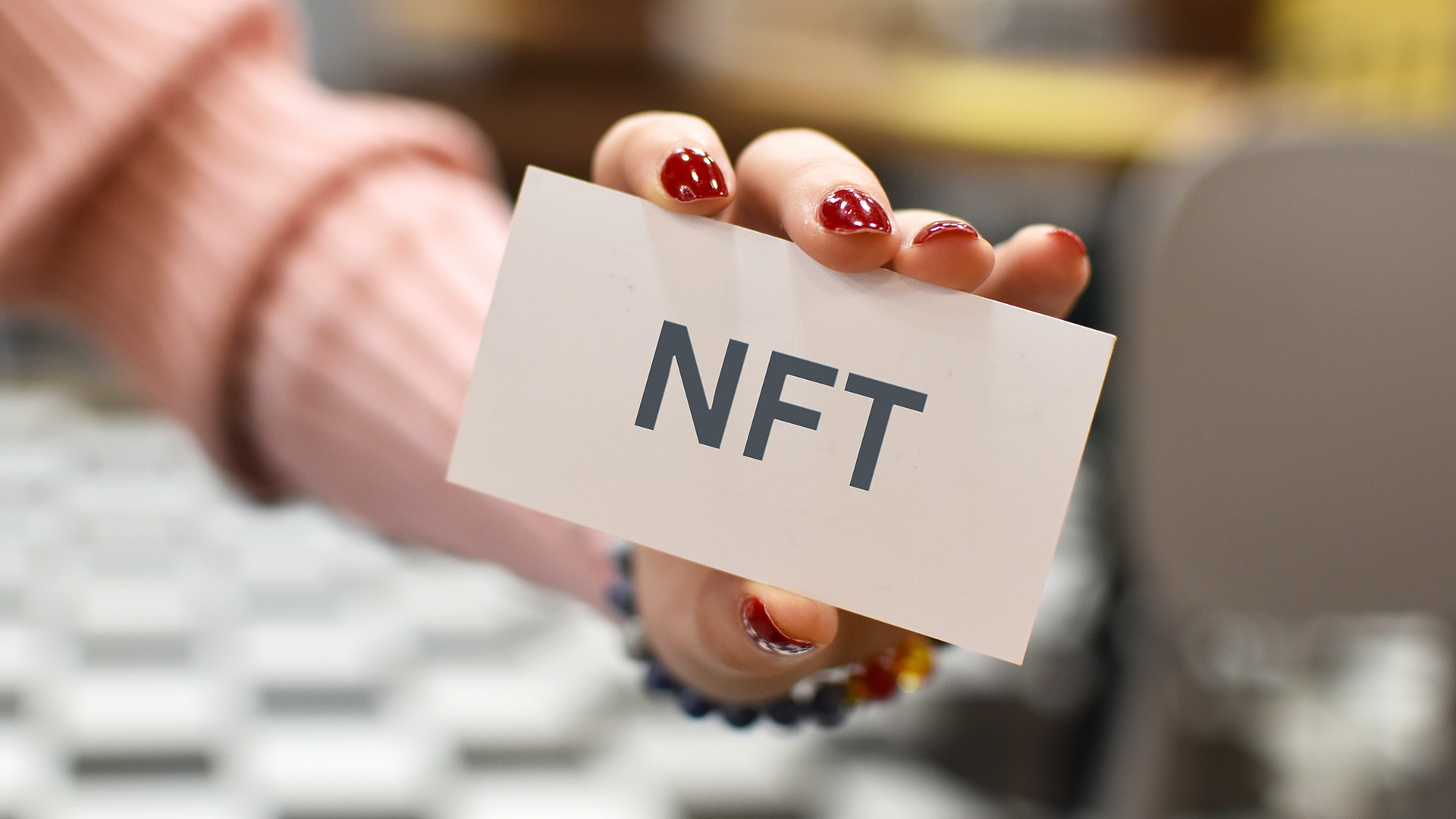I’ve been hearing a lot of questions surrounding Facebook‘s latest offering, “smart lists.” In this blog post, I plan on answering some of those questions. So, take a seat, take a deep breath, relax, and let’s talk Facebook.
TechNewsWorld recently asked me, “How does Facebook’s new “smart lists” differ from Facebook’s previous options for organizing friends?” “Facebook used to enable users to sort their friends into lists, but adoption hovered at about 5 percent or less. The simple reason is, it was a tedious chore to manually sort your contacts.” In the article I was quoted saying, “Facebook used to enable users to sort their friends into lists, but adoption hovered at about 5 percent or less. The simple reason is, it was a tedious chore to manually sort your contacts.”
Allow me to build on this, by sharing the rest of the exchange.
TechNewsWorld: Facebook will do some of the sorting automatically, grouping friends according to geography, school, etc. While this could be beneficial to users with lots of friends, it seems any sort of automation of this process could be problematic. Why not give users the option of using its automatic sorting feature?
Kopp: With automation, Facebook is making it easy to get started with “smart lists,” based on intuitive groupings. “Smart lists” are optional. No one has to use them.
TechNewsWorld: It seems Facebook always wants to foist its improvements on users instead of letting them decide for themselves. Is this an indication that Facebook is nervous about Google+ and wants to neutralize one of its chief advantages?
Kopp: Facebook’s “smart list” feature seems similar to Google+‘s circles with one big difference. Facebook is giving users a head start by automatically sorting your friends based on intuitive categories, like where you live, went to school, work, etc. Users can customize and refine those lists, but Facebook is going to start out making it super simple.
More about Facebook versus Google+:
On one level we can compare and contrast Facebook’s and Google+’s features as social networks, but this comparison might be a red herring. Yes, Facebook dwarfs Google+ as a social network. But Google dwarfs Facebook. So these two players might be operating on completely different paradigms with distinct objectives.
For example, Facebook’s model is based on advertising. It’s free for users and supported by fees from ad sales. Google+, so far, remains ad free, so it’s entirely built around the user experience, links, content and search.
The folks at Facebook are as smart as it gets. I give them a lot of credit for introducing smart lists – and the new subscriptions feature, too, for that matter. They’ve heard user complaints, and they’ve responded. Their primary motivation is likely customer service.
Yes, it’s reasonable to view smart lists as a competitive response to Google+’s circles, but it may just be driven by the desire to enhance user experience. Was the timing influenced by Google+? Possibly. But often where we suspect conspiracy, it turns out to just be coincidence.
If you have any other questions, I’m happy to answer them – here, or out across the social Web on Facebook, Google+, LinkedIn, Twitter, Tumblr, etc.
See you online!


